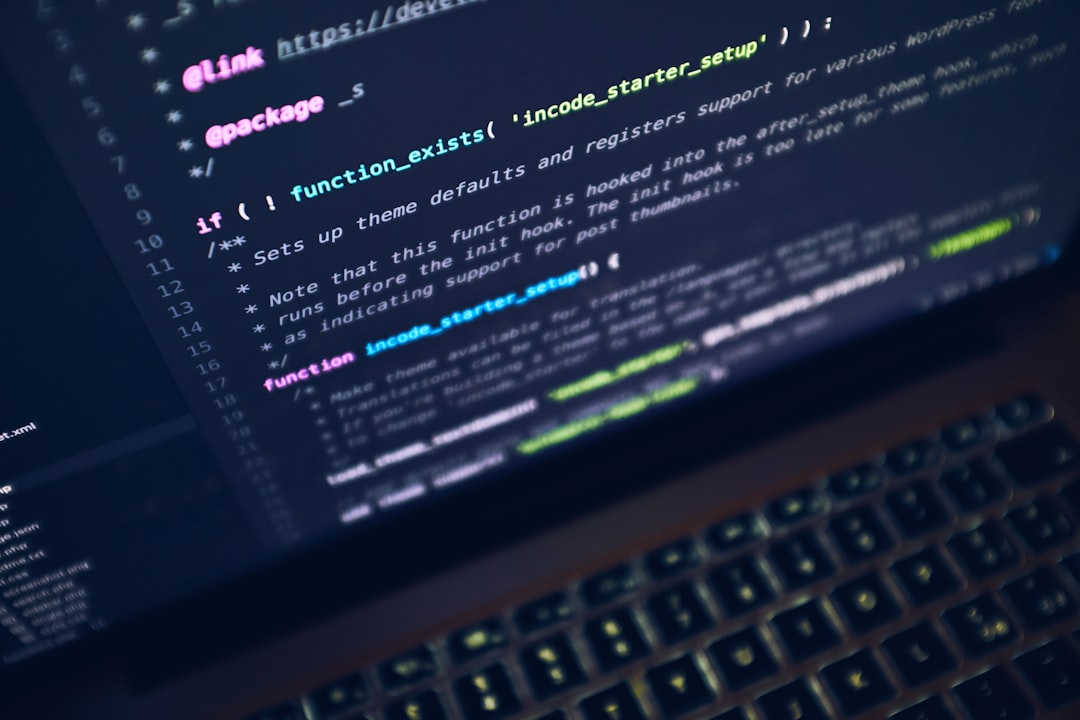
The Technological Revolution: How AI-Powered Innovations are Transforming Industries
The rapid advancement of technology, particularly artificial intelligence (AI), is heralding a new era in various industries. This technological revolution is not merely an evolution of previous technologies; it is a paradigm shift that is fundamentally altering how businesses operate, engage with customers, and optimize processes. In this article, we will explore how AI-powered innovations are transforming industries, spotlighting current developments, emerging trends, and practical applications, while providing examples and expert insights.
The Rise of AI in Industry
AI technologies have seen unprecedented growth in recent years. From machine learning algorithms that analyze vast datasets to natural language processing (NLP) systems that understand and generate human-like text, AI is becoming an integral part of the industrial landscape. The integration of AI into various sectors is not just a trend; it is a necessity for companies aiming to remain competitive in a fast-paced environment.
Key Areas of Transformation
1. Manufacturing
AI is revolutionizing manufacturing through predictive maintenance, quality control, and supply chain optimization. By utilizing machine learning algorithms, manufacturers can predict equipment failures before they occur, significantly reducing downtime. For example, GE has implemented AI solutions that analyze data from machinery to forecast maintenance needs, saving millions in operational costs.
# Example command to monitor machine health
python monitor_machine_health.py --model AI_MODEL_PATH2. Healthcare
In healthcare, AI-powered innovations are enhancing diagnostic accuracy and patient care. AI algorithms can analyze medical images, detect abnormalities, and provide insights that assist healthcare professionals in making informed decisions. The use of AI in drug discovery is also gaining momentum, where algorithms predict how different compounds will interact with biological systems, thus expediting the development of new medications.
3. Finance
The financial sector is leveraging AI for fraud detection, risk assessment, and customer service. Machine learning models can analyze transaction patterns and flag suspicious activities in real-time, protecting consumers and institutions alike. Additionally, AI-driven chatbots are transforming customer service, providing instant responses to inquiries and improving client satisfaction.
Emerging Trends
1. AI Ethics and Governance
As AI technologies proliferate, the conversation around ethics and governance is becoming increasingly important. Industries are facing challenges regarding data privacy, algorithmic bias, and accountability. Organizations are now prioritizing the development of ethical AI frameworks to ensure responsible usage of these powerful technologies.
2. Human-AI Collaboration
The future of work is poised for a significant transformation with the integration of AI tools. Employees are increasingly collaborating with AI systems to enhance productivity and creativity. For instance, design teams are using AI algorithms to generate creative concepts, allowing human designers to focus on higher-level decision-making and innovation.
Case Studies
1. Retail
Retailers are utilizing AI to personalize customer experiences. Amazon, for example, employs sophisticated recommendation algorithms that analyze user behavior and preferences, enabling them to offer tailored product suggestions. This not only increases sales but also enhances customer loyalty and satisfaction.
2. Transportation
Self-driving technology is one of the most talked-about applications of AI in the transportation industry. Companies like Waymo are developing autonomous vehicles that use AI to navigate roads safely and efficiently. The implications for logistics and public transportation are immense, with the potential to reduce traffic congestion and improve safety.
Expert Opinions
According to Dr. John Smith, an AI researcher at Tech Innovations Inc., “AI is not here to replace humans, but to augment their capabilities. The future will see a seamless integration of AI tools into everyday tasks, enabling us to work smarter, not harder.”
Practical Applications and Tools
For those looking to delve deeper into AI and its applications, several tools and platforms can kickstart your journey:
- TensorFlow: An open-source library for machine learning and AI.
- IBM Watson: A suite of AI tools that provide services like NLP and machine learning.
- Microsoft Azure AI: A cloud-based platform offering AI services and APIs.
Furthermore, consider exploring online courses related to AI and machine learning to enhance your understanding and skills in this critical area.
Further Reading
- The Impact of AI on Business: Trends and Predictions
- Understanding Machine Learning Algorithms
- AI Ethics: A Comprehensive Guide
As we continue to explore the transformative power of AI across various industries, it becomes increasingly clear that the technological revolution is not simply about technology itself but about the innovative ways we apply these tools to solve real-world problems.
In conclusion, AI-powered innovations are fundamentally transforming industries, driving efficiency, enabling better decision-making, and enhancing customer experiences. To remain competitive, businesses must embrace these technologies and adapt to the rapidly changing landscape.
If you found this article insightful, consider subscribing to our newsletter for more updates on the latest technology trends and innovations. Share this article with others who are eager to understand how AI is reshaping industries today!


